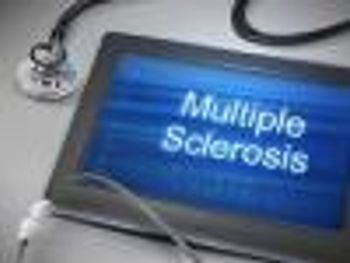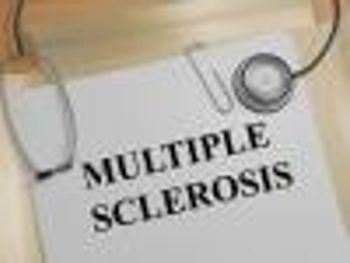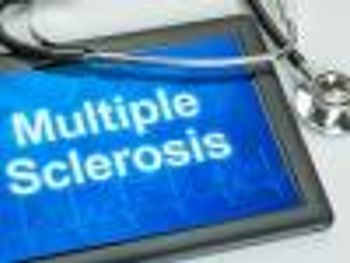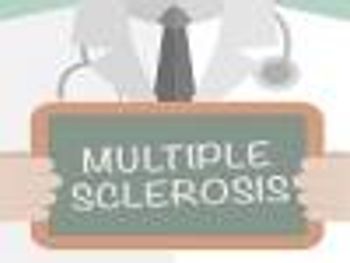
Patients with multiple sclerosis who consumed 2 cans of soda per day were 5 times more likely to experience severe disability.

Patients with multiple sclerosis who consumed 2 cans of soda per day were 5 times more likely to experience severe disability.

Higher body mass index at beginning of menstruation linked to greater risk of developing multiple sclerosis.

A recent study showed that flavonoid-rich cocoa improved fatigue by 45% in patients with relapsing and remitting multiple sclerosis.

Women with multiple sclerosis who breastfed exclusively for at least 2 months had a 40% lower rate of relapse compared with women who did not breastfeed.

Stem cell transplantation found to provide greater protection than disease-modifying therapy against progression of relapsing-remitting multiple sclerosis.

Study focuses on the importance of distinguishing whether sugar-sweetened beverages heightened disability in patients with multiple sclerosis.

The prevalence of multiple sclerosis in the United States has steadily grown over the past 5 years to nearly 1 million people.

Ublituximab may provide a clinical benefit for patients with multiple sclerosis via lower doses and faster infusion times than current therapies.

In a real-world setting, long-term outcomes were more favorable following early intensive therapy when compared with first-line moderate-efficacy diseased modifying therapy.

Within the group of Spanish patients with ADHD, a specific variation of the LPHN3 gene increased by 40% the risk of nicotine dependence.

Study highlights the importance of managing depression and anxiety to mitigate the effect on the cognitive function of patients with multiple sclerosis.

Polypharmacy can contribute to a higher risk of health problems, such as drug interactions and adverse effects.

Sephin1 found to protect oligodendrocytes, axons, and myelin, as well as reduce central nervous system inflammation in multiple sclerosis.

Top news of the day across the health care landscape.

Nonmyeloablative hematopoietic stem cell transplant found to prolong time to multiple sclerosis disease progression compared with disease-modifying therapies.

Ocrelizumab found more effective in reducing the risk of 12-week confirmed disability progression compared with 10 other treatments for relapsing multiple sclerosis.

Trial comparing oral ponesimod versus teriflunomide (Aubagio) in relapsing multiple sclerosis will evaluate annualized relapse rate as well as other disease activity measures.

The rate of palliative care in patients with multiple sclerosis to have died in US hospitals increased from 7.7% to 58.8% over 10 years

Top news of the day across the health care landscape.

How can pharmacists implement nonpharmacologic treatments for patients with dementia?

Transcranial direct current stimulation shows promise in addressing fatigue in patients with multiple sclerosis.

Study results show a genetic risk variant on astrocytes enhances the accessibility of the central nervous system (CNS) to peripheral immune cells, escalating the risk of autoimmune inflammation and multiple sclerosis.

From clinical trials evaluating treatments to studies unearthing new discoveries about the disease's mechanism, these were some of the top newsworthy moments in multiple sclerosis research in 2018.

Top news of the day across the health care landscape.

Experts argue whether a decline in cognitive function should lead to a change in disease-modifying therapy for multiple sclerosis.